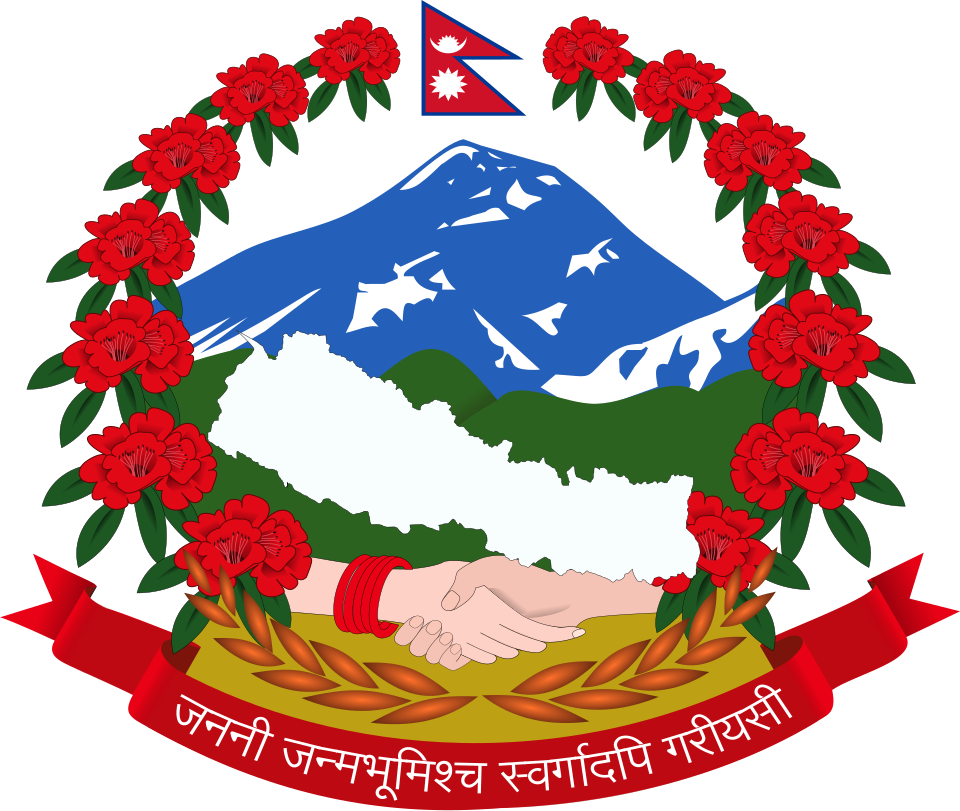Component 1: Monitoring, Evaluation, and Knowledge Management
Component 3: Monitoring, evaluation and knowledge management, through tracking of project progress on a regular basis, garnering and analysis of lessons and good practices, and development and dissemination of knowledge that reinforces project results from components 1 and 2, providing sound basis for their replication, adaptation and sustainability.
With GEF/LDCF financing of USD 294,131 and co-financing of USD 804,628, the monitoring, evaluation and knowledge management component of the project will be key to ensure that the project is effectively implemented and progresses in line with expected results and managed adaptively in response to challenges and lessons experienced during project implementation.
Knowledge management will be pursued through case studies to analyze and highlight concepts, approaches and issues that the project addressed, and the lessons and best practices that emerged from project implementation. The project will support the development of information and knowledge products related to CCA including information on the different impacts of climate change across gender, age, and social groups. The project will consider communities as generators of knowledge and promote peer-to-peer and lateral knowledge-sharing.
In this respect, it will support the assessment, documentation and dissemination of Indigenous knowledge for CCA, and promote its integration in adaptation solutions for agriculture, livestock management, water management, and community/ leasehold forest management (linkage with project component 2). Media and communication events will be organized to enhance the visibility of project activities and achievements and create wider awareness of watershed management approach to climate change adaptation and the innovations on the ground.
Under this component, the project will have a monitoring and evaluation system in place to keep track of project progress against project results including GESI indicators, ESS indicators, identify constraints and challenges to project progress, and provide information for adaptive management.
As required for all full-size GEF projects, a mid-term evaluation of the project will be conducted after two years of project implementation and a terminal project evaluation will be done towards the end of the project. Annual and bi-annual project reviews will be undertaken as a part of the project management, and periodic progress reports will be produced to inform project stakeholders and provide documentation for planning and evaluation purposes.
Project Framework - Component 1
| Project Components / Programs | Project Outcomes | Project Outputs |
|---|---|---|
| Component 1: Monitoring, evaluation and knowledge management, through tracking of project progress on a regular basis, garnering and analysis of lessons and good practices, and development and dissemination of knowledge that reinforces project results from components 1 and 2, providing sound basis for their replication, adaptation and sustainability. |
Outcome 1.1:
Project progress tracked effectively through project Monitoring and Evaluation |
Output 1.1.1:
Project progress tracked effectively through project Monitoring and Evaluation Output 1.1.2: Project progress tracked effectively through project Monitoring and Evaluation |


